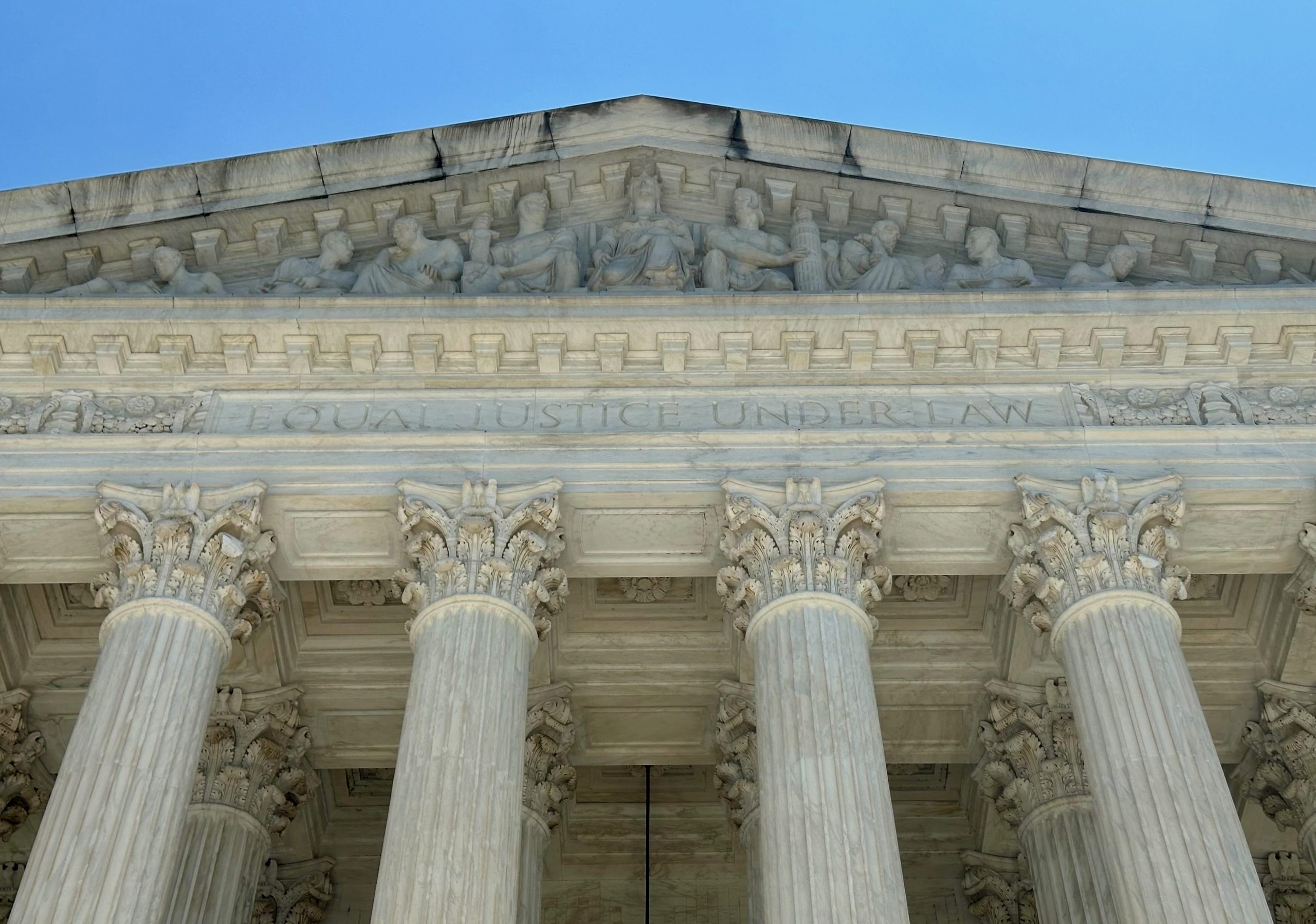SCOTUS NEWS
on Feb 10, 2025
at 4:12 pm

The March session will run March 24 via April 2. (Katie Barlow)
The Supreme Courtroom’s March argument session will embrace a dispute over a congressional voting map that created a second majority-Black district in Louisiana, a problem to an accessibility program by the Federal Communications Fee during which the justices have been requested to revive the so-called “nondelegation doctrine,” and the assessment of a call by the Wisconsin Supreme Courtroom rejecting efforts by Catholic Charities to hunt an exemption from the state’s unemployment tax.
The justices released the calendar for his or her March argument session on Monday, simply two enterprise day after they turned down the Trump administration’s request to pause the briefing in three instances during which it intends to take one other take a look at the rules, company determinations, or actions on the middle of the disputes. Two of these three instances – EPA v. Calumet Shreveport Refining and Oklahoma v. EPA – at the moment are scheduled for argument in March. (The third case, Diamond Different Power v. EPA, has not but been scheduled for argument.)
The March argument session begins on March 24 and finishes on April 2. Throughout that point, the justices will hear arguments in 9 instances over six days.
Here’s a full record of the instances set for argument throughout the March argument session:
Louisiana v. Callais (consolidated with Robinson v. Callais) (March 24) – A problem to a decrease court docket’s determination to strike down a map that created a second majority-Black congressional district within the state.
Riley v. Bondi (March 24) – A dispute over questions referring to the 30-day deadline to hunt assessment of a ruling by the Board of Immigration Appeals denying withholding of deportation.
EPA v. Calumet Shreveport Refining (March 25) – Whether or not challenges by a bunch of small oil refineries to the EPA’s denial of their requests for exemptions from the necessities imposed by the Clear Air Act’s Renewable Gas Requirements program have to be litigated within the U.S. Courtroom of Appeals for the District of Columbia Circuit.
Oklahoma v. EPA (consolidated with Pacificorp v. EPA) (March 25) – Whether or not the EPA’s denial of states’ plans to implement nationwide air high quality requirements underneath the Clear Air Act’s “good neighbor” provision can solely be introduced within the D.C. Circuit.
FCC v. Consumers’ Research (consolidated with SHLB Coalition v. Customers’ Analysis) (March 26) – A problem to a call by the U.S. Courtroom of Appeals for the fifth Circuit that invalidated elements of a FCC program to enhance web and telephone companies in underserved areas. The court docket of appeals dominated that this system violated the Structure by improperly delegating Congress’s energy to the FCC and the FCC’s energy to a non-public firm.
Catholic Charities v. Wisconsin Labor & Industry Review Commission (March 31) – Whether or not Wisconsin violated the First Modification when it denied a non secular group a tax exemption that will in any other case be accessible as a result of the group didn’t meet the state’s standards for non secular conduct.
Rivers v. Guerrero (March 31) – Whether or not and in what circumstances the federal legislation that strictly limits the circumstances during which an inmate can file a second petition for federal post-conviction reduction prohibits an inmate from looking for to amend his authentic petition whereas it’s pending on enchantment.
Fuld v. PLO (consolidated with United States v. PLO) (April 1) – Whether or not a 2019 legislation that seeks to provide U.S. courts the facility to listen to claims by victims of terrorism towards the Palestine Liberation Group and the Palestinian Authority violates the Fifth Modification’s assure of honest remedy.
Kerr v. Planned Parenthood South Atlantic (April 2) – Whether or not a South Carolina lady can convey a lawsuit difficult that state’s determination to finish Deliberate Parenthood’s participation in its Medicaid program.
This text was originally published at Howe on the Court.


